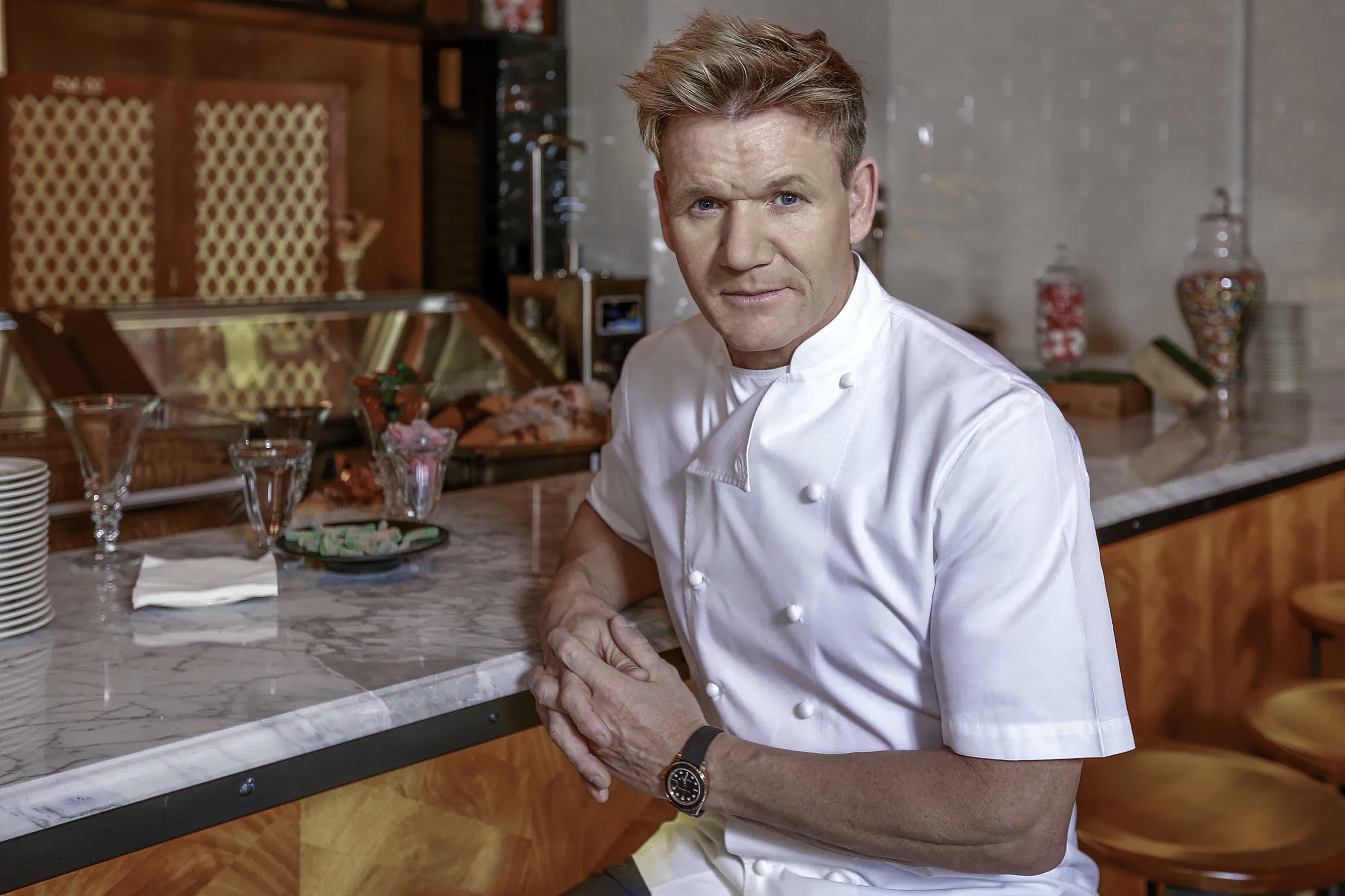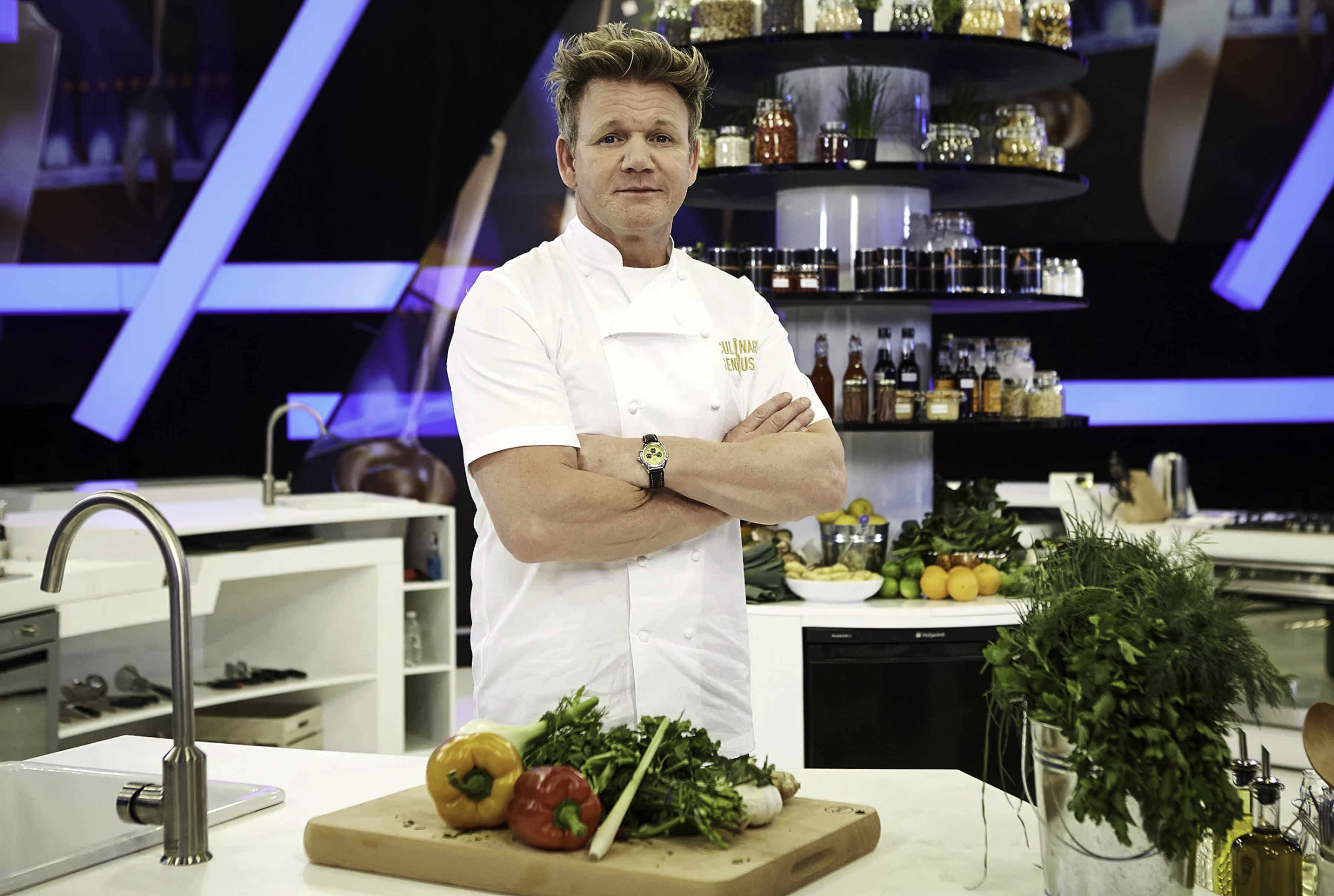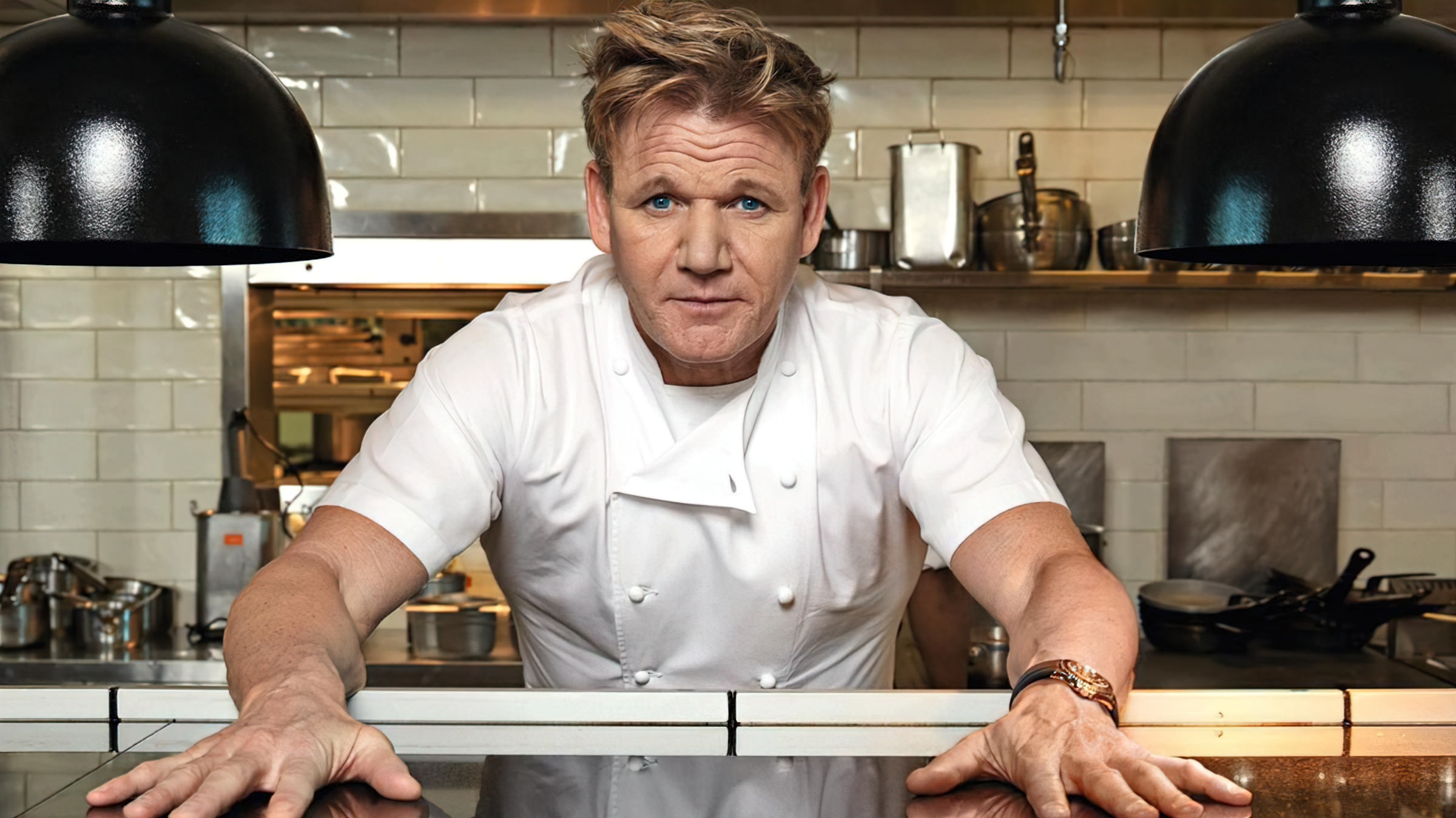The Early Years: Building the Foundation
Gordon Ramsay’s culinary journey began in Scotland, where he was born in 1966. Growing up in a modest household, Ramsay developed a strong work ethic and a passion for food. After an injury ended his dreams of becoming a professional soccer player, he decided to pursue a career in cooking. At the age of 19, Ramsay moved to London, where he honed his skills in some of the city’s most prestigious kitchens, working under renowned chefs such as Marco Pierre White and Albert Roux.
Climbing the Ladder of Success
In 1993, Ramsay took his culinary skills to France, working under Chef Joël Robuchon and Guy Savoy. This experience was pivotal in shaping his cooking style and philosophy. In 1998, Ramsay opened his first restaurant, “Gordon Ramsay at Royal Hospital Road,” in London. The restaurant quickly earned three Michelin stars, propelling Ramsay to international fame. Over the next two decades, Ramsay expanded his culinary empire, opening numerous successful restaurants worldwide, including “Restaurant Gordon Ramsay,” “Pétrus,” and “Bread Street Kitchen.”
Television Stardom and Beyond
In addition to his culinary success, Ramsay became a household name through his numerous television shows, such as “Hell’s Kitchen,” “Kitchen Nightmares,” “MasterChef,” and “MasterChef Junior.” Through these shows, Ramsay has shared his passion for cooking and his commitment to excellence, inspiring countless aspiring chefs and home cooks around the world. Ramsay has also published several best-selling cookbooks and launched a successful line of cookware and kitchen appliances.
Giving Back: Ramsay’s Philanthropic Endeavors
Beyond his culinary achievements, Ramsay is dedicated to giving back to the community. He established the Gordon and Tana Ramsay Foundation, which supports various charities, including the Great Ormond Street Hospital and the Cancer Research UK. Through his foundation, Ramsay has helped raise millions of dollars for these causes and continues to use his celebrity status to bring awareness to important issues.
Chef Ramsay’s Unique Style and Philosophy
Gordon Ramsay’s culinary style is characterized by his commitment to using fresh, high-quality ingredients and meticulous attention to detail. His dishes are known for their bold flavors, elegant presentation, and innovative twists on classic recipes. Ramsay’s cooking philosophy revolves around simplicity, allowing the natural flavors of the ingredients to shine through while creating a harmonious and balanced dish.
Mentoring the Next Generation
As an accomplished chef, Ramsay understands the importance of nurturing the next generation of culinary talent. Through his television shows, he has mentored numerous young chefs, providing them with invaluable guidance and support to help them succeed in the competitive world of professional cooking. Many of his protégés have gone on to establish successful careers of their own, continuing Ramsay’s legacy of culinary excellence.
The Impact of Ramsay’s Culinary Journey
Chef Gordon Ramsay’s culinary journey has had a far-reaching impact, not only on the food industry but also on popular culture. His larger-than-life personality and passion for cooking have captured the attention of millions of viewers around the world, inspiring them to experiment in their own kitchens and learn more about the culinary arts. As a result, Ramsay has played a significant role in elevating the public’s interest in food and fine dining, contributing to the growing popularity of food-based television shows and the rise of celebrity chefs.
A Lasting Legacy in the World of Food
Throughout his illustrious career, Chef Gordon Ramsay has achieved remarkable success and recognition, both in and out of the kitchen. His culinary empire, encompassing restaurants, cookbooks, and television shows, has left an indelible mark on the food industry, setting new standards of excellence and pushing the boundaries of what is possible in the world of cooking. As he continues to inspire and mentor new generations of chefs, Ramsay’s legacy will undoubtedly live on, further shaping the future of food and dining for years to come.


